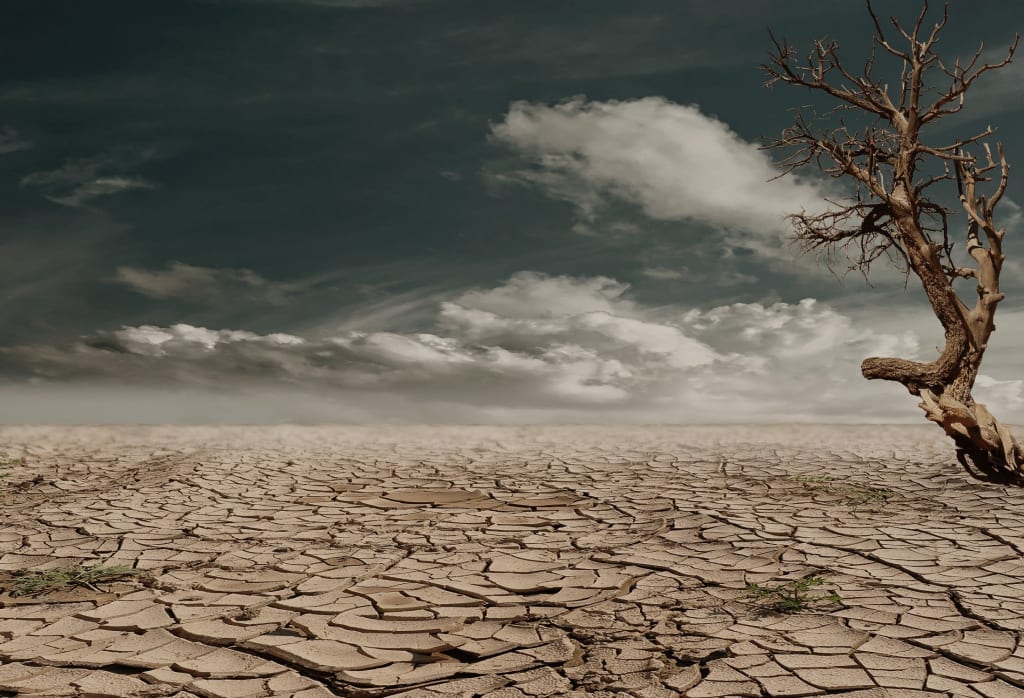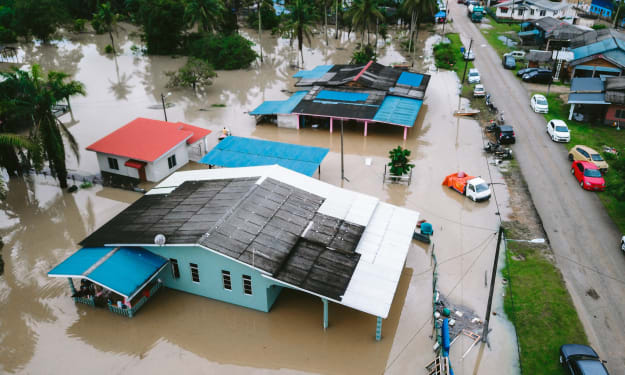The Impact of Human Activities on Climate Change
Unraveling the Human Footprint: The Striking Warming Trend and Its Urgent Implications for Our Planet

The impact of human activities on the environment has become increasingly evident in recent times. Among the most pressing concerns is the striking warming trend observed worldwide, which cannot be solely explained by natural factors. Instead, it is predominantly caused by human activities, particularly the extensive use of fossil fuels. This text delves into the consequences of this warming trend, the role of human activities, and the urgent need to address climate change to safeguard the delicate balance of life on Earth.
Human activities, particularly the widespread reliance on fossil fuels, are evident in nearly every aspect of daily life. From powering homes, factories, and transportation systems to using electronic devices such as cell phones, fossil fuel consumption has become an integral part of our modern lifestyle. This heavy dependence leads to the release of carbon dioxide and other greenhouse gases into the atmosphere, contributing to the warming effect.
As a result of human-induced greenhouse gas emissions, the concentration of carbon dioxide in the atmosphere has surpassed 400 parts per million, compared to about 280 parts per million before the industrial era. This elevated level of carbon dioxide acts like a "blanket," trapping heat and leading to a global temperature rise.
The impact of this warming trend is far-reaching. The planet is now approximately one degree Celsius hotter than it was during pre-industrial times, a seemingly minor increase with significant consequences. Heatwaves have become more frequent and severe, droughts have worsened, and extreme heat events occur across different regions.
While individual weather events cannot be solely attributed to climate change, scientific analysis shows that climate change has significantly increased the likelihood of certain extreme weather events, such as heatwaves. The 2018 heatwave in Cairns, Australia, with temperatures reaching 42 degrees Celsius, serves as a stark example of the devastating effects on wildlife, particularly on creatures adapted to heat, like flying foxes.
Beyond its impact on wildlife, climate change poses a broader threat to global biodiversity. Species across the globe struggle to adapt to rapidly changing conditions, leading to an increased risk of extinction for some. The loss of biodiversity disrupts the intricate web of interactions that support life on our planet.
Scientists estimate that approximately eight percent of species are at risk of extinction solely due to climate change. This underscores the urgent need for collective efforts to mitigate the consequences of climate change and protect the delicate balance of life on Earth. Addressing this global challenge requires a concerted commitment to sustainable practices, transitioning to renewable energy sources, and implementing effective climate policies.
In light of the urgency surrounding climate change, governments, businesses, and individuals must unite in their efforts to curb greenhouse gas emissions and promote sustainable practices. The transition to renewable energy sources, such as solar, wind, and hydroelectric power, is paramount to reduce our reliance on fossil fuels. Additionally, investing in energy-efficient technologies, advocating for public transportation, and embracing circular economies can play pivotal roles in reducing our carbon footprint.
Furthermore, raising awareness about climate change and its consequences is essential to mobilize communities and promote informed decision-making. Education about sustainable practices, environmental conservation, and climate resilience is crucial to empowering individuals to make conscious choices that collectively contribute to global efforts to combat climate change.
Addressing climate change also presents opportunities for economic growth and innovation. Embracing renewable energy technologies can create green jobs and foster the development of sustainable industries. Investing in climate-resilient infrastructure and practices can enhance community resilience to extreme weather events.
The responsibility to act transcends borders, as climate change knows no boundaries. Global collaboration and cooperation are indispensable in tackling this global challenge. International agreements, such as the Paris Agreement, serve as vital platforms for countries to set ambitious climate targets and collectively work towards a sustainable future.
In conclusion, human activities, particularly the burning of fossil fuels, are the driving force behind the striking warming trend observed worldwide. The effects of climate change are evident through extreme weather events, impacts on wildlife, and the potential threat to global biodiversity. It is essential to acknowledge and address this challenge promptly to ensure a sustainable and resilient future for our planet and all its inhabitants. By adopting sustainable practices, transitioning to renewable energy sources, raising awareness, and fostering global cooperation, we can collectively strive for a climate-safe and thriving world. The time to act is now, for the fate of our planet and all its inhabitants hangs in the balance.
About the Creator
Ali Ahmad Shahnawazi
Thanks to Vocal, which provides opportunities for sharing stories that inspire action for a sustainable future. Shedding light on critical environmental issues and fostering collective efforts for preservation.
Enjoyed the story? Support the Creator.
Subscribe for free to receive all their stories in your feed. You could also pledge your support or give them a one-off tip, letting them know you appreciate their work.





Comments
There are no comments for this story
Be the first to respond and start the conversation.